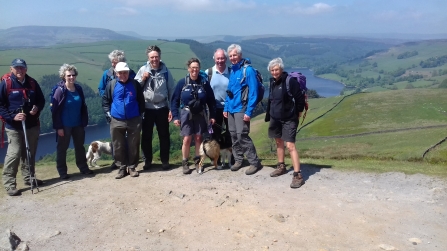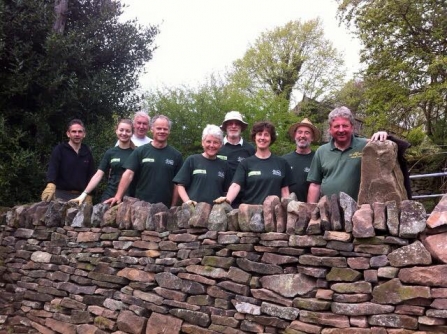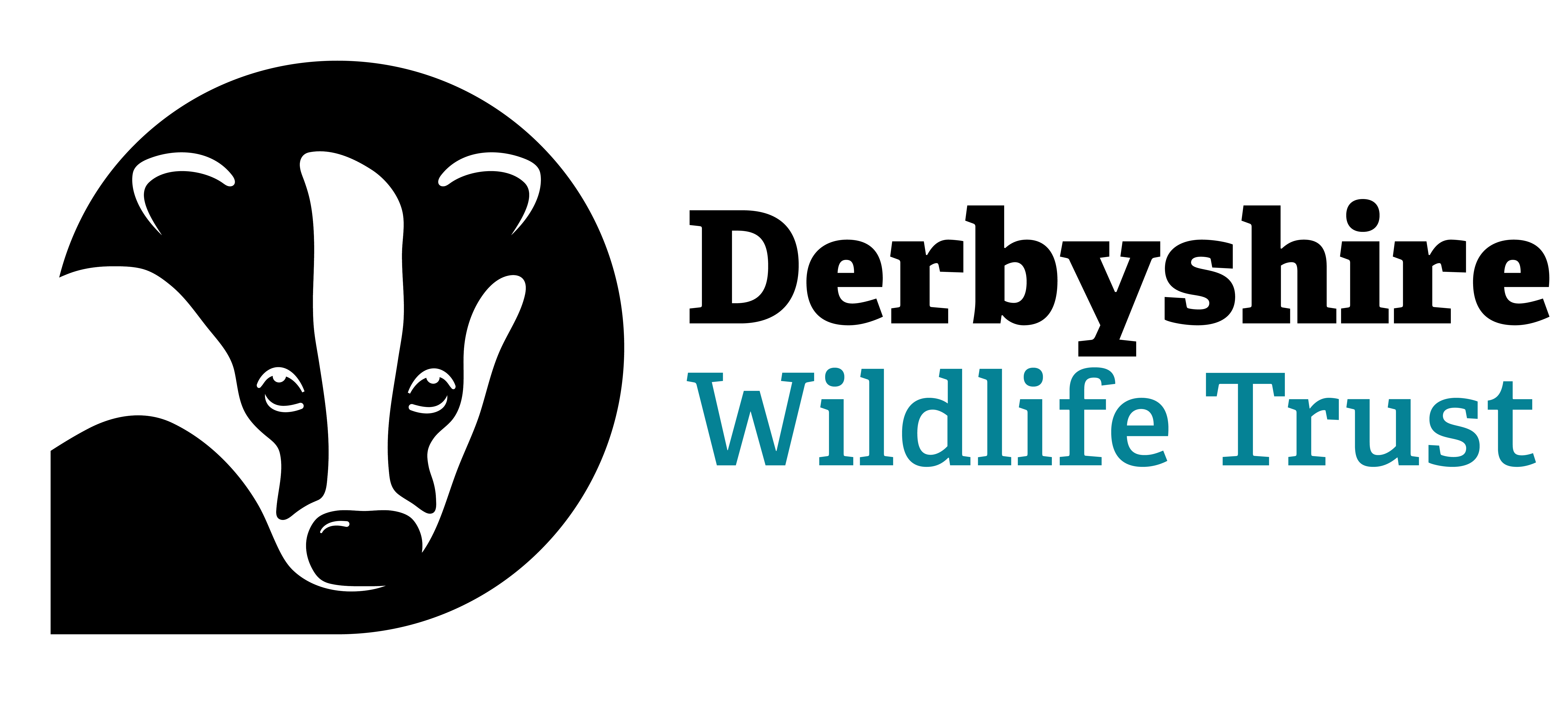Volunteers are incredible people. Where would The Wildlife Trusts be without them? They help us to manage our nature reserves, run events, raise vital funds for conservation work and inspire countless people to take action for nature. By giving up their time they have chosen to help local wildlife and wild places to recover and thrive.
Wild and Well

Volunteers on Sam's safari
Good for nature, good for you
We all know that our volunteers do wonderful things for wildlife, but did you know that volunteering with your Wildlife Trust increases your health and happiness? Part of the secret to volunteering must be the feel-good factor you get from joining in. Giving (as one of the five ways to wellbeing) increases our feeling of self-worth. It gives our lives meaning – a sense of purpose. But don’t just take our word for it, read or watch some of the amazing stories on our Nature for Wellbeing webpages.
There’s plenty of hard evidence, too. An evaluation carried about by The University of Essex found that the mental wellbeing of more than two-thirds of Wildlife Trust volunteers improved after just 6 weeks. Those new to volunteering, or starting with poor levels of mental wellbeing, made the greatest improvements. Those already volunteering with their Wildlife Trust had higher levels of mental wellbeing to start with but continued to improve.
And it’s not only the volunteers who feel better; there are also benefits for the wider community’s health and wellbeing. By creating a new wetland or wildflower meadow that gives local people more access to nature, volunteers are providing a public health service!

DerwentWISE volunteers building dry stone walls
Healthy communities
So, nature volunteering provides twin benefits: creating and caring for wildlife-rich green spaces that are a local natural health asset; and improving the health and wellbeing of people. Clearly it’s a wonderful thing, and we need investment to increase nature volunteering and grow the impact of ‘wild wellbeing’.
The latest research into the social and economic impact of volunteering with The Wildlife Trusts also reveals a strong economic argument for this community-based approach to health. There is a return of £8.50 for every £1 invested in Wildlife Trusts volunteering programmes. Investment in nature volunteering will deliver improved health and wellbeing at a population scale, while reducing the current burden on the NHS – as well as helping nature to recover.
Nature on prescription
It’s time to recognise the value of nature for wellbeing, both in terms of health and economics. To really see the benefits of this approach, we need a change of mindset. Nature volunteering is a great start, but we can go further.
We also need investment in targeted programmes, specifically designed to improve mental, physical and social wellbeing. A return of £6.88 for every £1 invested in targeted Wildlife Trusts programmes strengthens the argument for ‘nature on prescription’ to be standard practice for GPs and NHS mental health providers, supported by specifically allocated NHS funding.
By giving nature a larger role in our everyday lives, we can create a healthier and wilder future.
